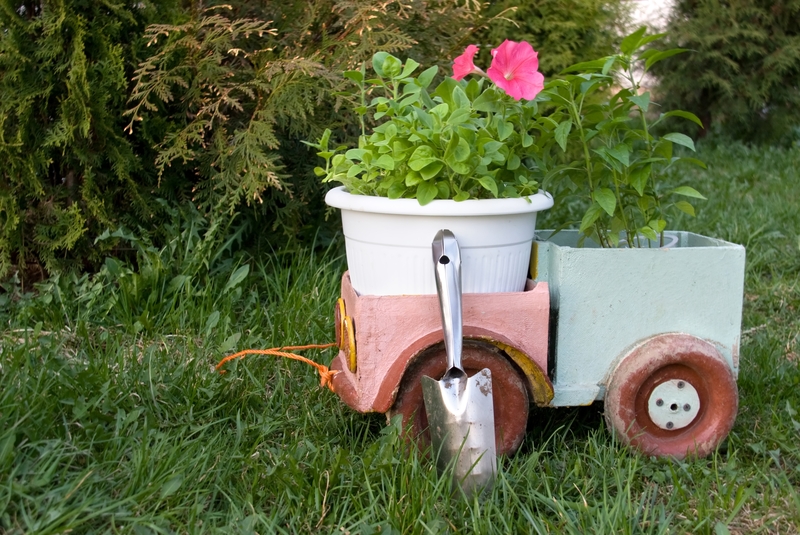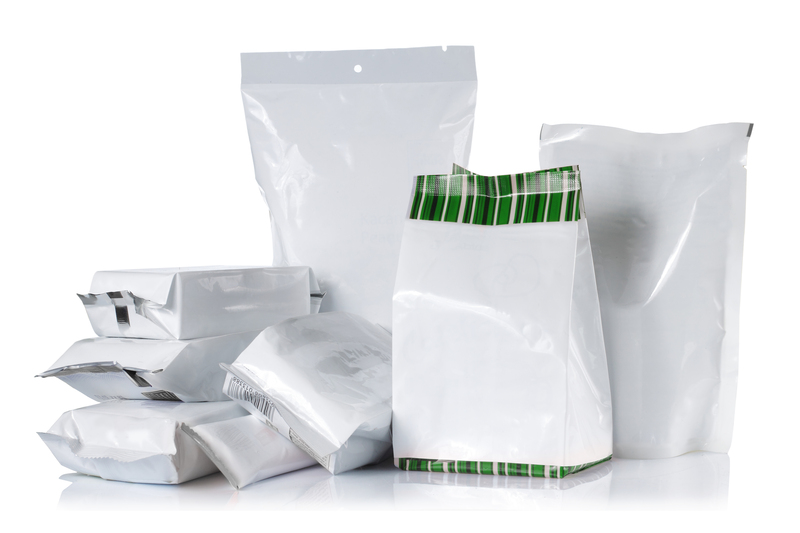Explore the Best 10 Strategies to Reduce Green Waste
Reducing green waste is essential for both environmental health and sustainability. Implementing effective strategies can help minimize the amount of waste that ends up in landfills, decreasing greenhouse gas emissions and promoting a healthier planet. Below, we explore ten compelling strategies to manage and reduce green waste effectively.
1. Implement a Composting System
Composting is one of the most effective ways to reduce green waste right at its source. By decomposing organic materials and returning nutrients back to the soil, composting not only decreases waste but also enhances soil quality.
Benefits of Composting
- Reduces landfill waste: Diverts organic matter away from landfills.
- Improves soil health:
Enriches the soil with essential nutrients, improving plant growth.
- Decreases methane emissions: Prevents the production of harmful gases in landfills.

2. Practice Grasscycling
Grasscycling involves leaving grass clippings on the lawn after mowing rather than bagging them. This practice naturally fertilizes the lawn and reduces the volume of garden waste.
Advantages of Grasscycling
- Saves time and resources: No need to bag clippings or use waste bins.
- Enhances lawn health
Grass clippings act as a natural fertilizer, reducing the need for chemical fertilizers.
3. Encourage Vermicomposting
Vermicomposting uses worms to transform organic waste into nutrient-rich compost. This method is especially useful for people who lack outdoor composting space.
Why Vermicomposting?
- Efficient breakdown: Worms accelerate the decomposition process.
- Versatility: Can be done indoors or outdoors.
- Produces valuable compost
The worm castings created act as an excellent fertilizer for plants.
4. Opt for a Shredder or Mulcher
A garden shredder or mulcher can effectively reduce the size of green waste, making it more manageable and easier to compost. These tools break down branches, leaves, and other organic materials, which can then be used as mulch or added to compost.
Key Benefits
- Minimizes waste volume: Reduces bulkiness of garden waste.
- Boosts composting efficiency
Smaller pieces decompose faster in a compost pile.
5. Practice Strategic Planning in Gardening
Planning your garden strategically can significantly reduce green waste. Consider plant choices, growth patterns, and waste production when designing your landscape.
Effective Planning Tips
- Select low-maintenance plants that produce minimal waste.
- Time your plantings to minimize seasonal waste.
- Incorporate plants that can utilize organic matter efficiently.
6. Make Use of Community Composting Programs
Engaging in community composting initiatives allows individuals who may not have the means at home to participate in composting. These programs provide a platform for collective effort in reducing green waste.
Community Benefits
- Shared resources: Provides access to composting tools and knowledge.
- Encourages communal responsibility
Promotes community interaction and sustainability.
7. Regular Maintenance and Pruning
Performing regular maintenance and pruning on plants and trees in your garden helps to control growth and minimize waste.
Importance of Regular Maintenance
- Prevents excessive growth that leads to higher waste production.
- Maintains plant health and aesthetics.
8. Implement a Bokashi System
The Bokashi method is a type of anaerobic composting that ferments organic waste using a specific mix of microorganisms. This method is suitable for a diverse range of food scraps and garden waste.
Bokashi System Advantages
- Quick breakdown: Fermentation process is faster than traditional composting.
- Space-efficient: Can be implemented in small areas, including urban environments.

9. Explore Worm-Feeding Practices
In addition to vermicomposting, using garden waste as feed for worms in vermiculture systems can effectively reduce green waste.
Benefits of Worm Feeding
- Recycles nutrients back into the ecosystem.
- Reduces reliance on other waste management practices.
10. Embrace Educational Workshops and Resources
Engaging in educational workshops and utilizing resources on waste management can enhance awareness and implementation of green waste reduction strategies.
Impact of Education
- Increases community involvement in sustainable practices.
- Provides knowledge on effective waste management techniques.
Reducing green waste requires a collaborative effort and commitment to sustainable practices. By implementing these strategies, we can significantly decrease the environmental impact of garden and organic waste. Embrace these methods and contribute to a healthier, greener planet.